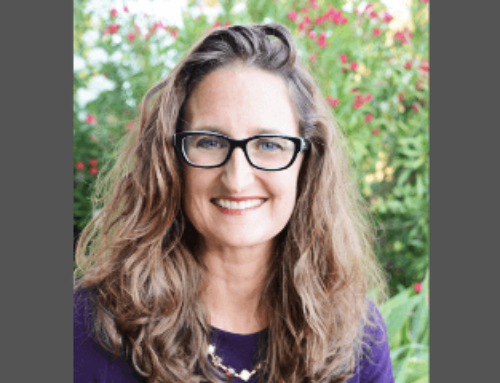Last month I wrote about Don, a sleep apnea patient whose experience emphasized the need to improve care coordination and patient access to knowledgeable sleep experts. Today I share with you the story of another patient who opened my eyes to a potential gap in care that can be rectified by simply asking the right questions.
Earlier this month, Charlene [fictitious name] entered my office for ongoing management of OSA. She was evaluated 5 years previously for snoring and sleepiness, found to have mild OSA, and she elected treatment with CPAP. She shared that she was sleeping better on CPAP over these past 5 years, but still experienced terrifying nightmares about once a week, from which she awakened with palpitations and drenched in sweat. Scanning her record, I saw no reference to her prior military service despite access to seemingly complete medical records that spanned several years of encounters. As it turned out, she had suffered (and was still suffering) from posttraumatic stress disorder that had begun during deployment in Iraq. We had missed that diagnosis; we had not asked the right questions. Her nightmares, which are more common among veterans than the rest of our civilian population, were residual and are treatable.
Over 2.5 million U.S. service men and women have been deployed to Iraq or Afghanistan, and approximately 48,000 of those returning were injured. PTSD is estimated to be present in 10 to 20% of all Operation Iraqi Freedom/Operation Enduring Freedom (OIF/OEF) veterans. These veterans are at high risk for substance misuse, depression, anxiety, and adjustment problems. Significant sleep problems are highly prevalent among veterans, as high as 40% in some series.
Is this a problem for the Veterans Affairs health care system? The reality is that the VA cares for less than half of all U.S. veterans, and the VA has recently demonstrated significant difficulties in caring for the 40% of veterans currently enrolled in the VA health care system. Over 1 million service men and women will likely separate from military service in the coming years. It will be increasingly common for OIF/OEF veterans to seek care outside of the VA system.
So, how often do we ask our patients, “Have you ever served in the military?” Without this question, we will remain unaware of significant exposures, experiences, and risks that may impair our ability to render proper care. This information is only rarely volunteered. Ask where they served, and thank them for their service. If they served in a combat zone or suffered trauma, they have a much higher likelihood of PTSD and other sleep problems.
Last month I wrote to Secretary Robert A. McDonald, who was recently confirmed as the eighth Secretary of Veterans Affairs, letting him know that sleep specialists and accredited sleep centers are available to provide high quality, patient-centered care targeting common sleep-related problems among veterans. I noted that veterans who are waiting for care can benefit from referral to a local sleep specialist, and I encouraged the VA to partner with the Welltrinsic Sleep Network to provide value-based, integrated sleep care for veterans across the country.
Remember to ask your patients, “Have you ever served in the military?” Be sure to thank veterans for their service, and provide great care for those “who shall have borne the battle.”
Sincerely,
Timothy Morgenthaler, MD
President






